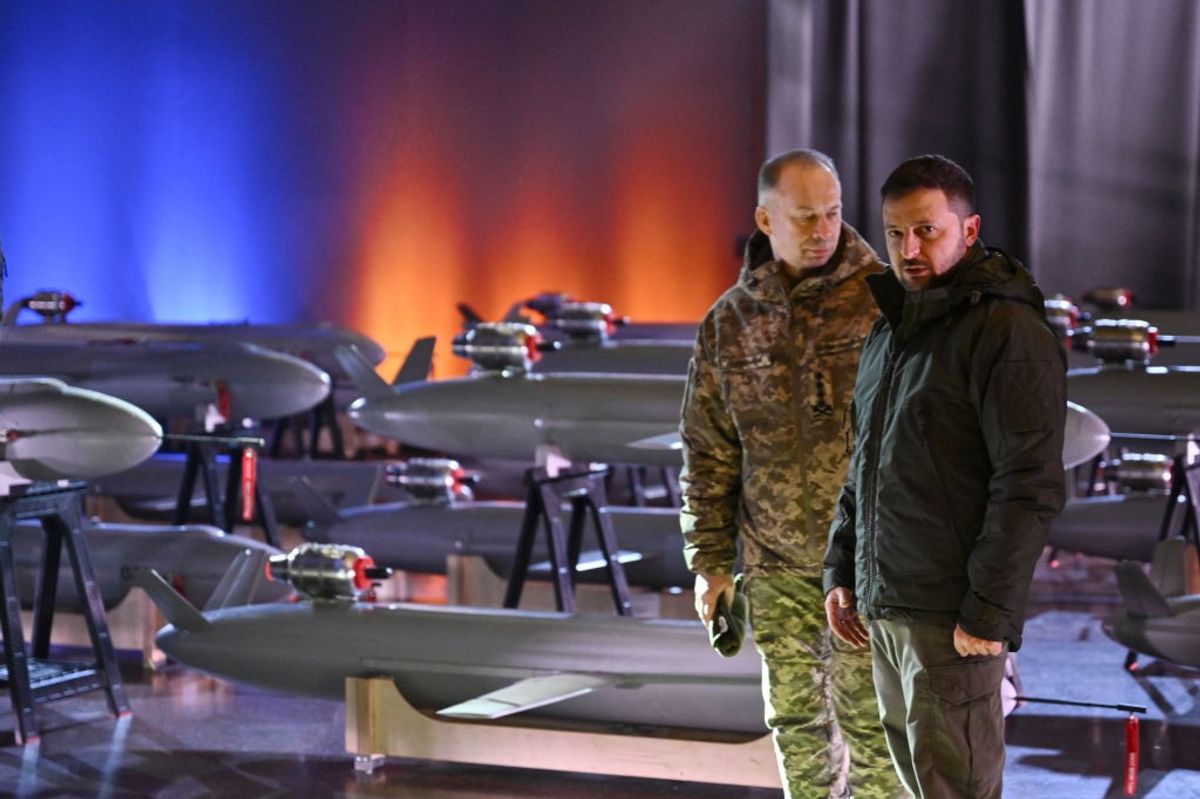Bottom Line Up Front
- On January 17, Russian President Vladimir Putin received a warm welcome during an official state visit to Serbia.
- Serbia is seeking to join the EU, but its conflict with Kosovo is blocking its membership.
- Russia strongly supports Serbia and its Putin-esque leader, President Aleksandar Vucic.
- Russia wants to sell natural gas to Serbia and sees a rare EU ally if Serbia ultimately accedes to the union.
Russia has long maintained considerable influence in the Balkans, particularly in the former Yugoslavia and now, in Serbia. This influence has steadily grown more overt since the fall of the Soviet Union. Russian foreign policy is more aggressive, particularly in its near abroad, and Moscow’s use of political warfare, sometimes referred to as ‘active measures’ has increased too. In Serbia, the issue of Russian influence matters not just for the future of Serbia but also for the European Union (EU), of which Serbia hopes to be a member. Serbia has extensive linkages with Russia regarding its military and intelligence services. While it was never formally in the Soviet Eastern Bloc, it was a close neighbor with whom Moscow shared military weapons and hardware, along with intelligence training and tactics. That relationship deepened during the NATO-led military campaign in the Balkans throughout the 1990s.
Membership to the EU is, by design, always a lengthy and arduous process. Serbia’s path to membership is perhaps even more complicated because of its conflict with neighboring Kosovo. Serbia refuses to recognize Kosovo as an independent and sovereign nation and instead views Pristina as a rogue province or vassal state that still ‘belongs’ to Belgrade. More than 100 other countries have recognized Kosovo but, importantly, China and Russia are not among them. With its own concerns over Taiwan, Beijing is reluctant to recognize what it views as a breakaway province. Russia, having lived through the collapse of the U.S.S.R, an event that Putin once dubbed ‘a major geopolitical disaster of the century,’ feels similarly. The cultural bonds between Serbia and Russia are strong and include Eastern Orthodox Christian religious ties. Putin has effectively positioned Russia as the defender of Slavic and Orthodox ‘culture,’ and Russia is a prime engine in far-right nationalistic and white supremacist movements across the EU, a phenomenon that even extends to the US.
The recent decision by Kosovo to formally create its ministry of defense and its own formal and standing army has caused significant enmity in Belgrade. Under the agreements that led to the cessation of fighting between Kosovo and Serbia, NATO would be the sole standing military force in Kosovo, though there has always been a sizable Kosovo defense force that is technically not a formal army. During his visit to Belgrade, Putin echoed Serbian President Aleksandar Vucic’s vocal condemnation of the Kosovo decision, saying the ‘irresponsible actions of the Kosovo leadership can lead to destabilization in the Balkans.’ President Vucic is an unabashed admirer of Putin, as well as of Hungary’s Viktor Orban, another autocratic strongman who sees much of what the EU stands for—freedom of the press, multiculturalism, free and fair elections, a crackdown on corruption—as a threat to further solidifying his grip on power.
In recent years the Kremlin has made a serious push to shape pro-Russian opinion in Serbia through media outlets supported and coordinated by Moscow. These efforts have been successful to a degree, with the likeness of Putin plastered everywhere in the lead up to his visit to Belgrade.Economics also play a major role in Moscow’s presence and influence. During his visit, Putin highlighted the economic ties between the two countries. He noted that Russia has already invested more than $4 billion in Serbia, with an additional $1.4 billion forthcoming to help build up the natural gas energy pipeline and infrastructure Moscow needs to expand its TurkStream project, a massive program to supply Russian natural gas to southern Europe and beyond. Russia’s vast energy reserves and role as a major supplier of natural gas to Europe provides it with serious leverage, what some commentators have referred to as ‘energy blackmail.’ Unless European nations can find a way to diversify their sources of energy, this dynamic will continue, with Putin using energy as a cudgel to secure a geopolitical advantage for Russia at every turn.










